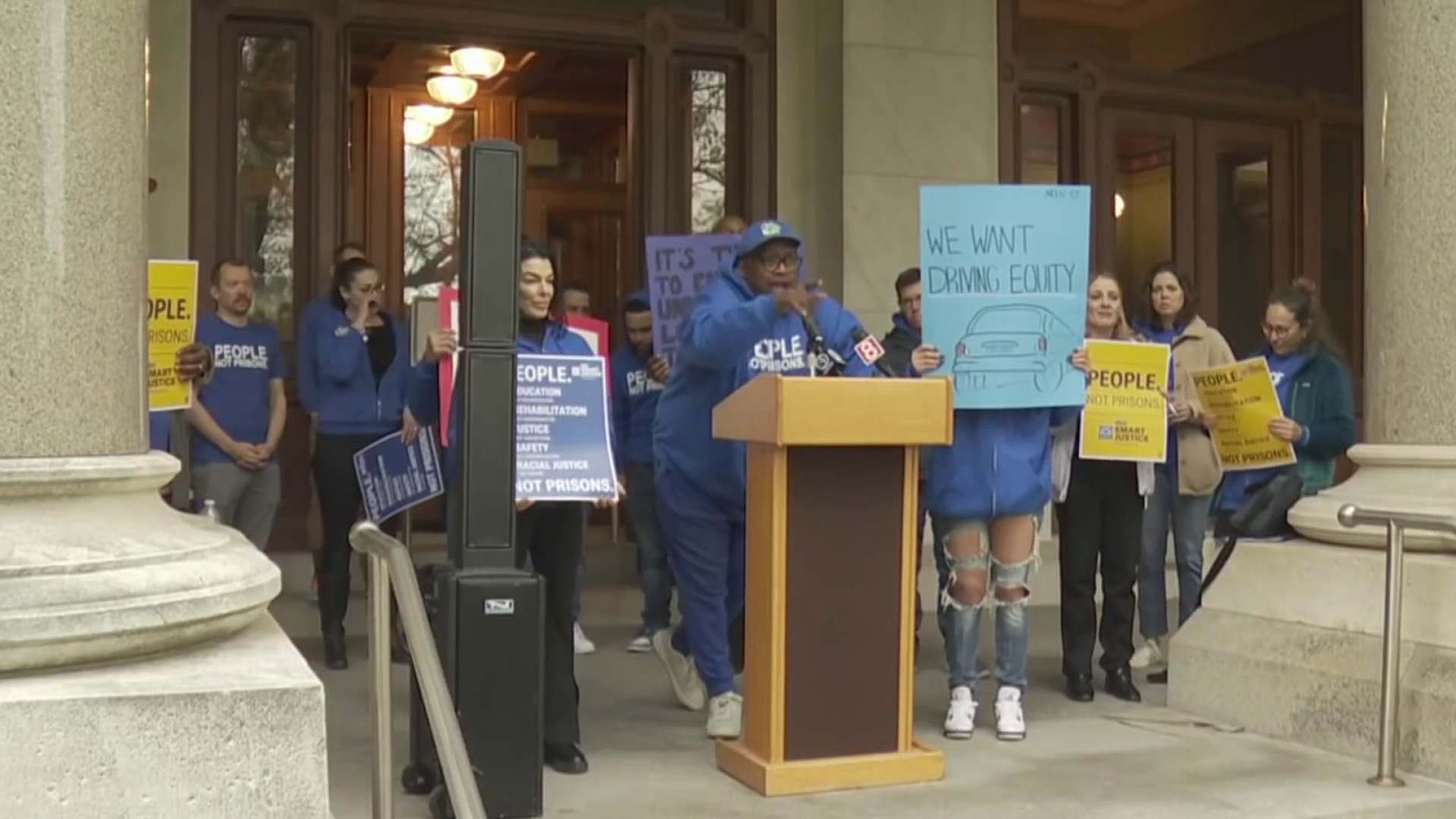A inmate from Westport was already in trouble for sexual assault. But then he went ahead and sent a threat from his cell to blow up a Connecticut Social Security Administration office, police said.
Why? Because his Social Security benefits stopped coming, according to federal prosecutors.
Well, it does not look like those benefits will be coming anytime soon if Glen Sharkany, 40, is found guilty. Instead he could be waiting on those checks for another 20 years.
He’s been charged with making a bomb threat and conveying false information. Each charge carries a maximum 10-year prison term if convicted.
According to the Social Security Administration Web site, people generally cannot receive Social Security nor Supplemental Security Income payments for months they are in jail or prison and payments are not automatically made when an inmate is released.
So what happened?
Sharkany committed first-degree sexual assault in 1998 in Naugatuck and is serving a five-year prison term in Garner Correctional Institution in Newtown.
Local
That arrest was an ordeal in itself.
A Bridgeport cop spotted Sharkany, who had been accused of assault, Westport Now reported. As the cop tried to get him, Sharkany traveled the wrong way on Route 15, rammed two cars, including a state police vehicle, plunged his car into the water off Deacon Street and then tried to run away. Like a scene from Law and Order, Bridgeport police got their hands on him as he was trying to scale a fence.
But, to get back to the current issue:
While spending time in Garner, Sharkany allegedly mailed a letter to the Social Security Administration on Belden Avenue in Norwalk. In it, prosecutors said, was a photocopy of a diagram of an explosive device. It was noted "I'm going to blow up your office and the IRS office as well," officials said.
Oh, and... Sharkany has a previous record.
According to court records, Sharkany had served time in a federal prison for threatening then President-elect Clinton in 1993 and a North Carolina court determined that his mental problems posed a risk of danger to others or their property.



